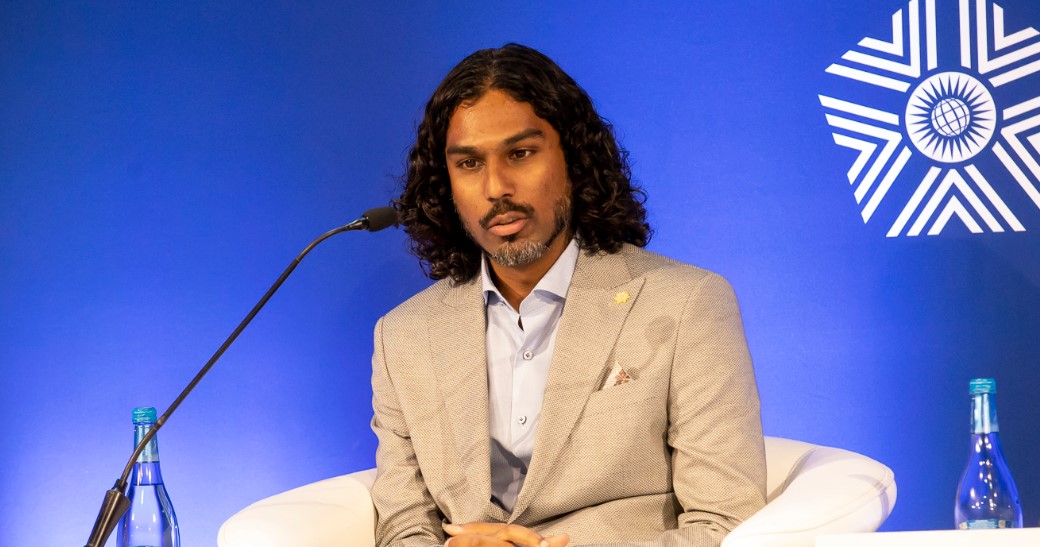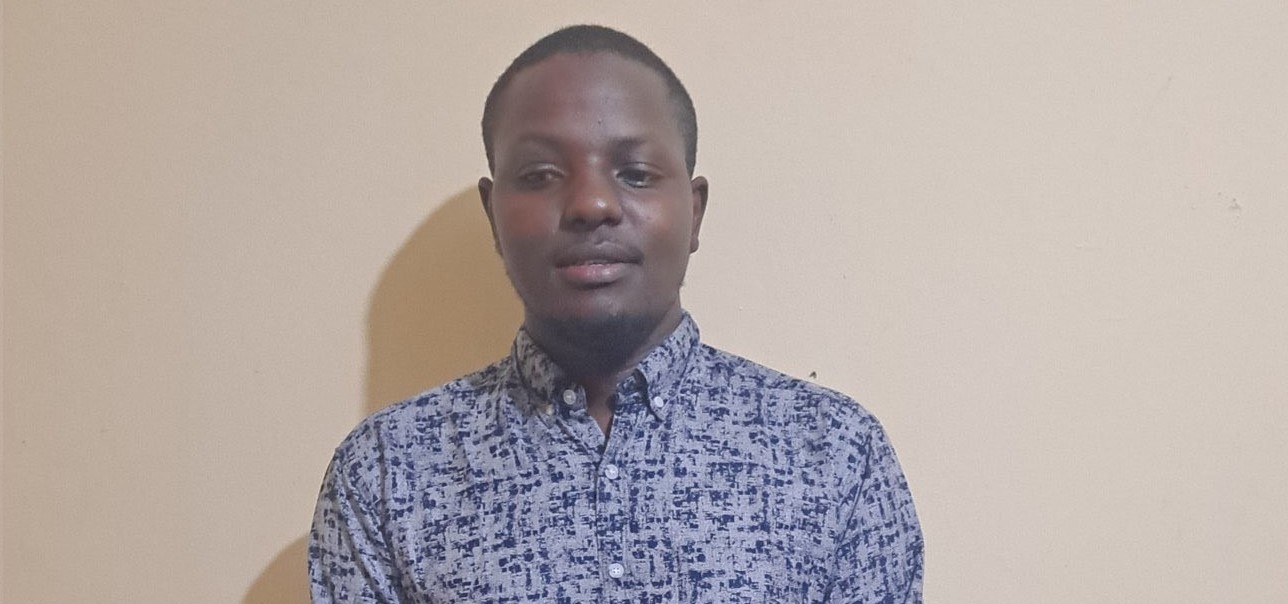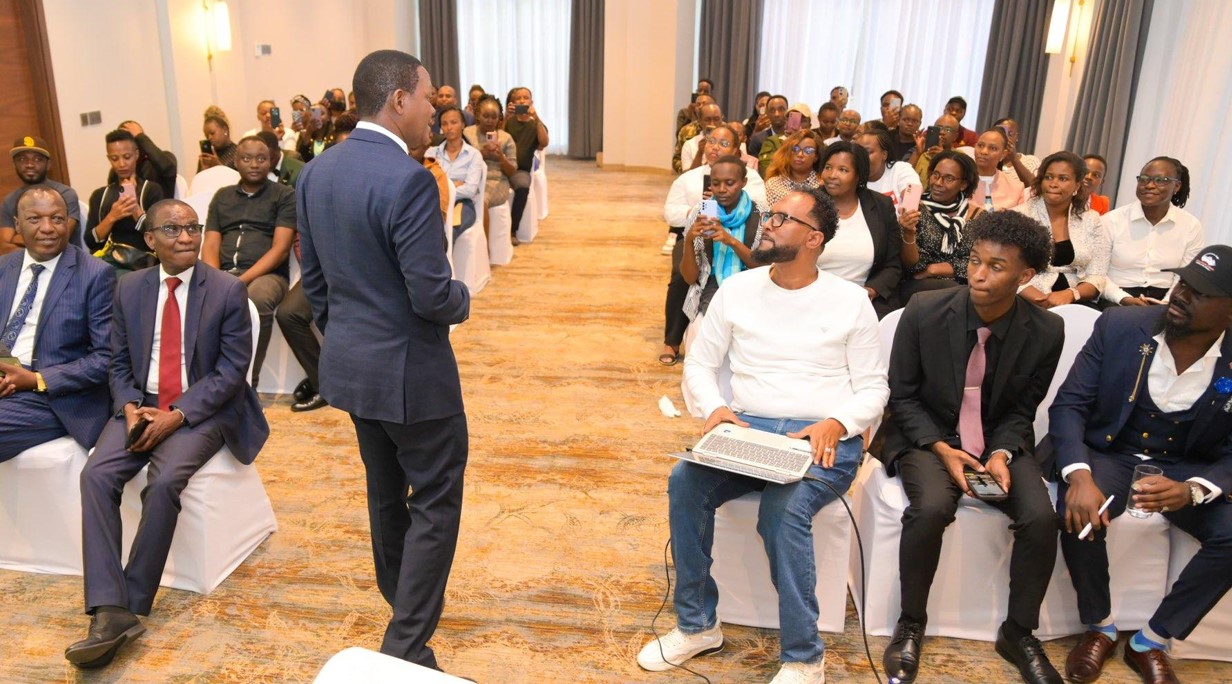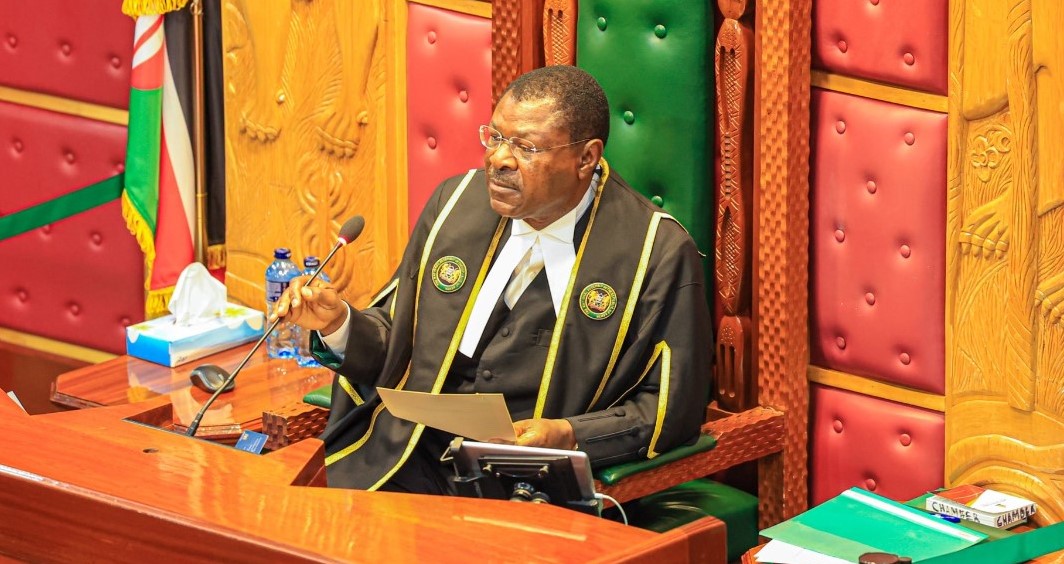UNICEF raises alarm over rising cases of FGM perpetrated by health professionals
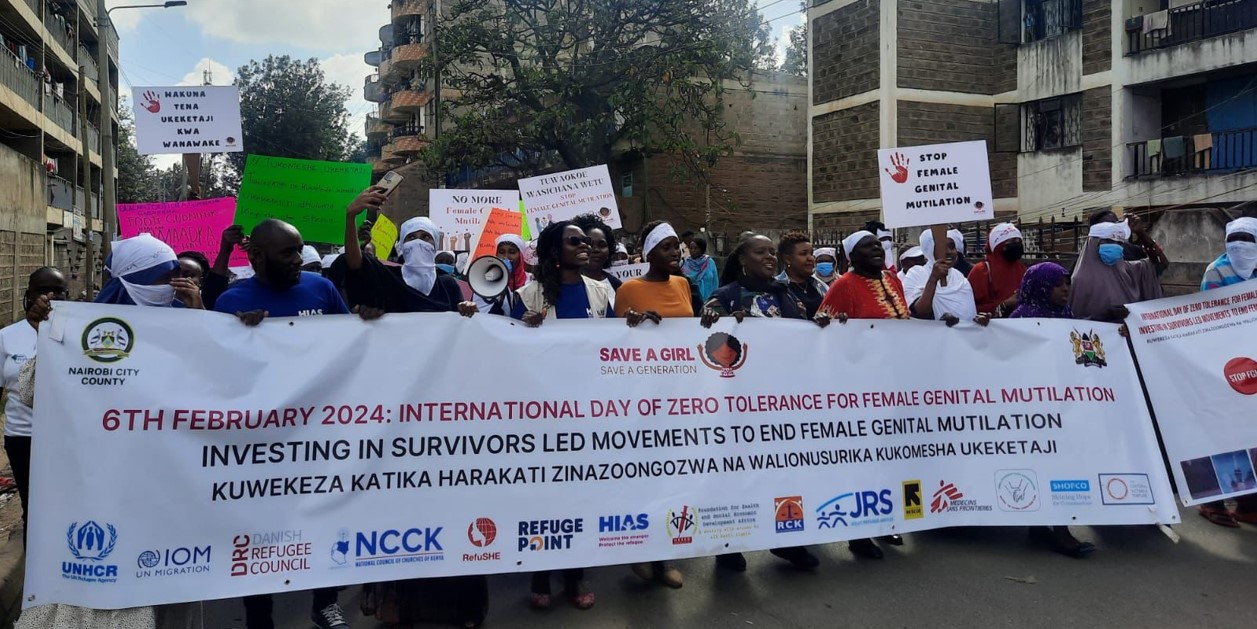
Alternative rite of passage programmes are gaining traction as a culturally sensitive way to replace FGM with safer and more empowering practices.
As the world marked the International Day of Zero Tolerance for Female Genital Mutilation (FGM) on February 6, one thing that came to the fore is the alarming rise of clinical FGM.
This medicalised version of FGM, where healthcare professionals such as doctors, nurses, or midwives perform the procedure, is seen by many communities as a “safer” alternative.
More To Read
- Garissa leaders call for tougher penalties on FGM perpetrators
- Let's bring men on board to end femicide: NGEC chairperson Rehema Jaldessa
- Anti-FGM Board warns of rising trend in medicalised Female Genital Mutilation
- Anti-FGM campaigners in Garissa raise awareness to protect girls during December holiday
However, despite being carried out in medical settings with sterile instruments, clinical FGM still presents significant health risks and perpetuates harmful cultural and social norms. The practice continues to affect millions of girls and women worldwide, calling for urgent, collective action to eradicate it once and for all.
The United Nations Children's Fund (UNICEF) has raised the alarm over the increase in FGM, noting that approximately 20 million girls worldwide have been subjected to this harmful procedure in clinical settings. This growing number highlights a disturbing trend where healthcare professionals, rather than preventing the practice, are becoming complicit in its continuation
FGM involves the partial or total removal of the external female genitalia or other injury to the female genital organs for non-medical reasons. This harmful procedure can have severe physical, psychological, and sexual consequences, including chronic pain, infections, complications during childbirth, and long-term reproductive health issues.
FGM has no health benefits and can lead to lifelong suffering, both physically and emotionally.
Harmful consequence
Clinical FGM refers to the practice of FGM being carried out by trained healthcare professionals, such as doctors or nurses, often in hospitals or clinics. While this may seem like a safer option compared to traditional methods, it still involves the same harmful consequences as non-medicalised FGM. These professionals may use anaesthesia and sterile instruments, but the procedure still carries the risk of severe bleeding, infections, and long-term complications such as chronic pain and difficulties in childbirth.
Despite these dangers, medicalised FGM is becoming more common, especially in communities where the practice is deeply ingrained. This phenomenon is partly driven by the belief that having the procedure performed by trained medical professionals reduces health risks such as infections and excessive bleeding.
In these communities, clinical FGM is perceived as a way to maintain cultural traditions while minimizing the risks associated with the practice. However, this is a false sense of security. The procedure still causes physical harm and violates the human rights of girls and women.
FGM remains widespread, affecting millions of girls and women worldwide.
According to the World Health Organisation (WHO), over 200 million girls and women have undergone FGM, and each year, approximately 3 million girls are at risk of being subjected to this harmful practice.
Still at risk
In Kenya, the situation is equally dire. Although the prevalence of FGM has decreased from previous decades, it remains a significant issue. The 2022 Kenya Demographic and Health Survey (KDHS) indicates that 15 per cent of women aged 15-49 have undergone FGM, and over 4 million girls are still at risk.
The practice is most prevalent in certain regions of Kenya, particularly the north eastern and Rift Valley counties, where the practice is deeply ingrained in cultural norms. In these areas, the rates of FGM can be as high as 90 per cent.
Alarmingly, 60 per cent of girls undergo FGM before the age of 5, and 80 per cent before they reach 15. This makes FGM not only a health issue but also a critical child protection concern.
While FGM rates have declined in Kenya, certain communities continue to uphold the practice due to social pressures, such as marriageability concerns and religious misconceptions. In these communities, girls are often subjected to FGM to “preserve their honour” and ensure they are seen as "marriageable." These cultural and social pressures make it difficult to completely eradicate FGM, even in the face of legal bans.
While the involvement of healthcare professionals in FGM may seem like a step toward safer practices, medicalisation only perpetuates the harmful effects of FGM.
Misguided belief
In some communities, medicalised FGM is promoted as a form of harm reduction, with practitioners arguing that it reduces the health risks associated with traditional circumcision. However, this is a misguided belief that does not address the core issue: FGM is a violation of girls' and women's rights.
The medicalisation of FGM also gives the practice a false sense of legitimacy, which can hinder efforts to eradicate it.
In countries like Egypt, Sudan, Guinea and Kenya, medicalised FGM continues to thrive despite the legal bans in place. While medical professionals may use sterile tools and anaesthesia, they still perform a procedure that causes harm and violates the ethical principles of the medical profession.
Kenya officially banned FGM in 2011, but despite the legal framework, the practice continues, often moving from public ceremonies to private homes and underground clinics.
While legal measures are essential, they alone cannot end FGM. There is a need for comprehensive social and cultural transformation, including education and awareness campaigns that challenge the social norms and beliefs that sustain the practice.
A growing shift in public perception is evident. According to recent surveys, 92 per cent of women and 93 per cent of men in Kenya support the eradication of FGM. This growing consensus offers hope, but much more needs to be done to engage communities, particularly in high-prevalence areas, in meaningful discussions about the dangers of FGM and the importance of protecting the rights of girls.
Alternative rite of passage programmes are gaining traction as a culturally sensitive way to replace FGM with safer and more empowering practices. These programmes provide girls with an alternative to the traditional initiation ceremonies that often include FGM. By embracing these alternatives, communities can protect their cultural heritage while ensuring the health and well-being of girls.
“Ending FGM requires more than just laws — it calls for a transformation in mindsets. We urge governments to enforce policies, communities to embrace alternatives, and all Kenyans to reject practices that strip girls of their health, dignity, and future,” said National Director of World Vision Kenya Gilbert Kamanga.
Top Stories Today



